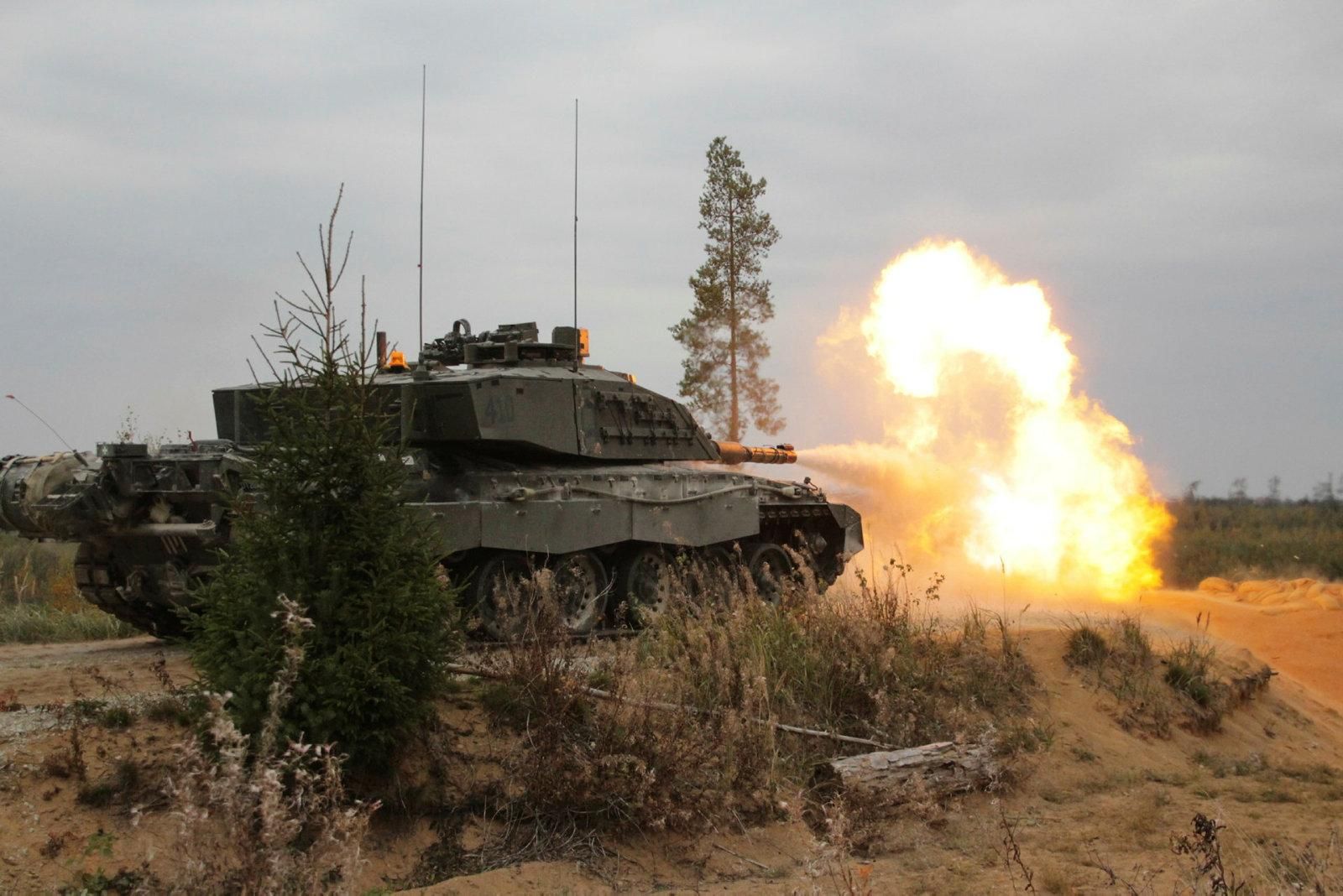What We’re Watching: Tank talks for Ukraine, South Africa’s military moves
Much ado about tanks for Ukraine
For months, Ukraine has been asking its NATO friends for modern tanks. Not Soviet-era relics from Poland, not light armored vehicles from the US and France, but heavy mechanized tanks to fight mighty Russia. But so far, only the UK has agreed to supply Kyiv with Challenger 2 tanks, which are 20 years old but the model most used by the British army. Why? The US, the big boss of NATO, has been slow-walking the Ukrainians on their demand for tanks because the Biden administration fears it might push Russia to escalate. Washington is also citing logistical and maintenance costs as part of the reason for not doing so. Germany, meanwhile, won’t send Leopard tanks — or allow other countries to send German-made tanks — until the US makes the first move by sending M1 Abrams tanks. While the Germans and the Americans try to iron out their differences, NATO defense ministers will likely press the issue on Friday when they meet US Defense Sec. Lloyd Austin in Germany. Russia, for its part, has already warned the West that giving Ukraine tanks would be a very bad idea.
Meanwhile, check out our GZERO field piece on how the tankless Ukrainians are making do with Mad Max-style killer dune buggies.
